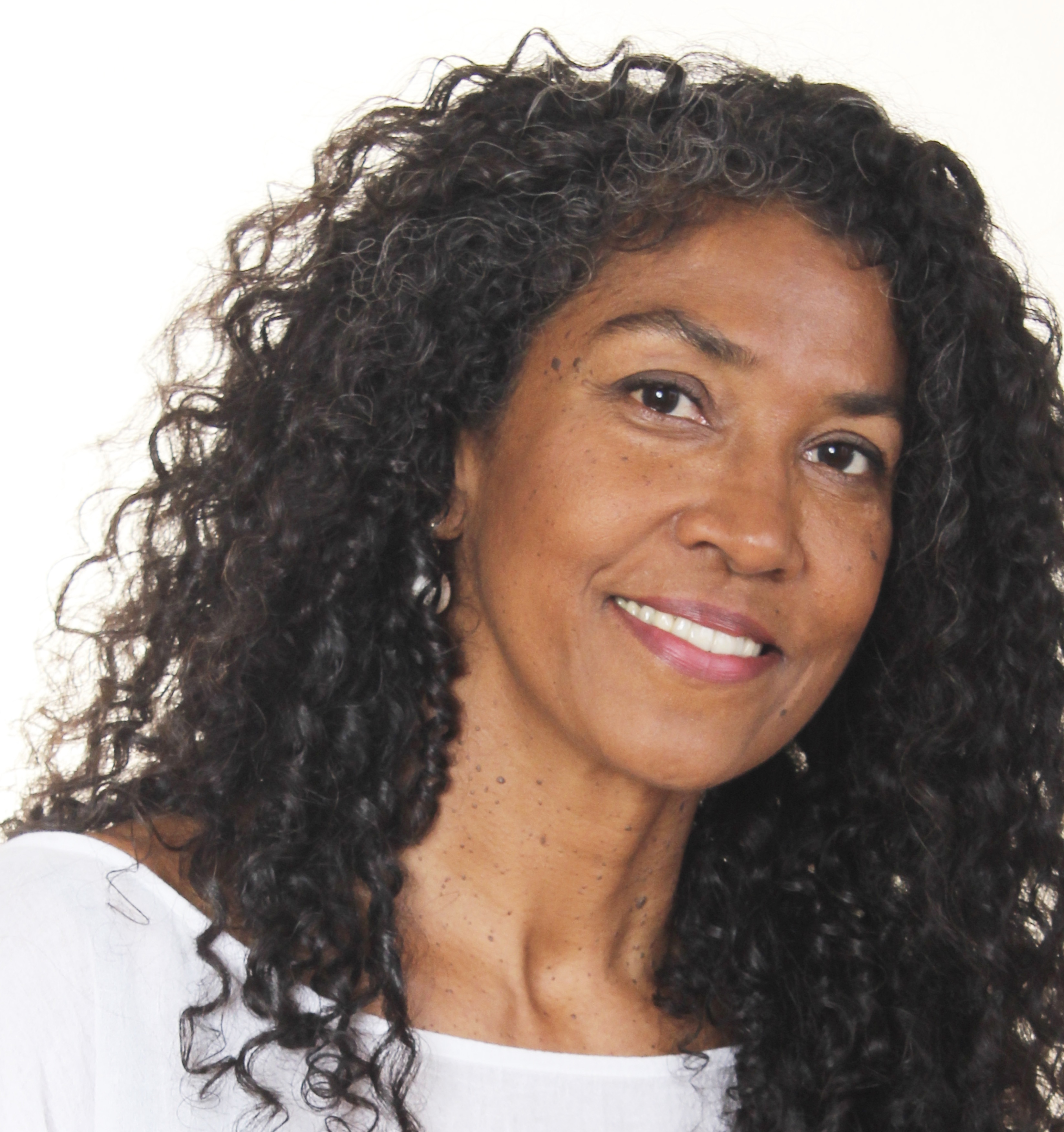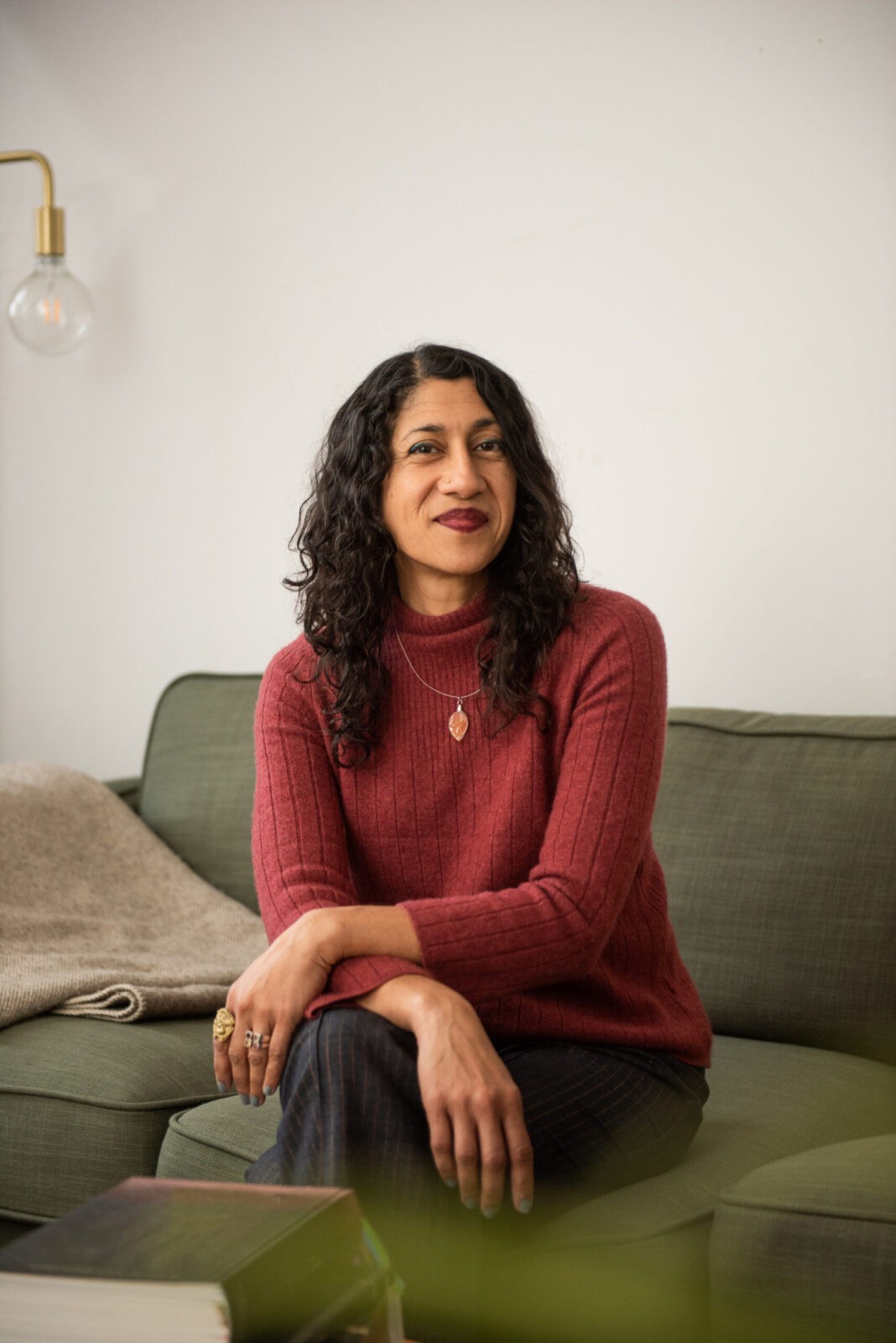Mordecai & Me: An Appreciation of a Kind
Joel Yanofsky
Red Deer Press
$34.95
cloth
320pp
0-88995-266-3
Fast-forward to 1989. The place is the Ritz Carlton Hotel. The event is the QSPELL (now QWF) Awards Gala. Mordecai Richler has just won the Hugh MacLennan Prize for Barney’s Version. Yanofsky, now a freelance critic (The Gazette, Quill & Quire, Globe and Mail), novelist (the comic romance Jacob’s Ladder), and literary man-about-town (teacher, lecturer, occasional TV talking head), having served as a juror, finally gets to meet the great man. Sadly, though, sparks did not fly. “We just did not get along,” Yanofsky recalls. It was the first of several encounters that left Yanofsky unsatisfied, disappointed, maybe even a little crushed.
“I was expecting more from him,” he mutters mantra-like. “Even though I wasn’t a kid anymore, and it was somewhat unprofessional of me to want more, I still did on some level.” For Yanofsky, wondering about this need for Richler’s approval became what he frankly describes as an “obsession” – one which only grew after he decided to write about it. The result is Mordecai & Me, a charmingly schizophrenic memoir-complete with dream sequences and asides to his long-suffering wife-that manages to become an imaginary conversation between Mr. Big-Shot Author and his Acolyte Critic. “What may have been a contrivance at the beginning became an obsession that got worse writing the book. It became part of the book.
If Mordecai & Me took on a tormented life of its own, Yanofsky still worried whether he had enough. “The question in the back of my mind always was ‘Mordecai and who?’ I’m not a close friend, I’m not in with the family. I’m just a guy who read him as a kid, and he had a big impact on me.”
The word “big” seems an understatement:
True, I didn’t hang around bars or drink scotch or shoot pool. But I was still waiting for some kind of invitation from Richler, waiting for him to beckon. But it gets worse. I didn’t just want him to be my pal: I wanted him to discover me. I was writing a novel, after all. It was almost finished, or so I thought at the time. I could have used a blurb, but even more than that, I could use a sponsor, the literary equivalent of a sugar daddy. This writing business was tough. Richler knew that, and he could help me out.
Yanofsky is 48, short, his beard flecked with grey, with the slight stoop of a man of letters, and clearly excitable as he talks, in no particular order, about himself, Mordecai, and the book. “The subtitle is An Appreciation Of a Kind because I knew it would be somewhat irreverent. But what I didn’t know was how much of a roller coaster it would be dealing with my mixed feelings about our encounters, and about what I wanted from him. I really had no right to want anything from him, from his point of view, so that might’ve been what he was reacting to.” Indeed, it soon became apparent in our interview that Yanofsky is still working things out in his busy head while promoting the book, much as he did writing it. “It’s not as if I was expecting to become fast friends, but I’ve interviewed lots of writers and found they usually go out of their way to be nice to you, simply because you’re going to write about them. They’re not going to be silent, sullen, and dismissive – which he wasn’t, really. He was relatively polite, but not forthcoming or warm. That was just part of his personality, I realize.” And yet (as Mordecai might have said), and yet. “I had this feeling that ‘I want more from him but I’m not getting it,’ and I felt sort of dismissed by him. I played this up in the book maybe more than it was at the time. I thought we had more in common than our meetings would indicate.”
These are gutsy admissions from any critic. They also reflect Montrealers’ intimacy level with its most famous and contentious writer. The impetus to actually write about his psychic connections to Richler, imagined and real, grew out of a speech Yanofsky gave to a local Jewish organization a couple of months after Richler’s death. “I realized that everybody in this town has a Richler story, a sighting or confrontation or opinion. There was a great outpouring of affection, more than I’d assumed, because writers don’t usually get that much attention.” The writer’s life – from scuffling freelancers to bigtime egos – gets a good going-over in Mordecai & Me. Yanofsky pores over Richler’s novels, essays, and interviews for pertinent quotes to create a provocative portrait of a shy-but-gruff public man and his milieu – which, of course, is where Yanofsky comes in.
“He was one of ours, yet he wouldn’t let us love him, he wouldn’t be cuddly,” Yanofsky writes of Richler. Yanofsky’s own inclination is to “try to please people by what I write,” drawing them in to make a point. (It’s something he does surprisingly effectively, if doggedly, in this book.) “Richler didn’t do that. His was really a take-it-or-leave-it attitude. In some ways, you have to admire him for that. You can speculate on what drove him to be like that – was it his parents’ divorce, his scuffles with religion, was it the fact that he was a lower class street kid who had big ambitions? Some people do it by being likeable, he did it by being in people’s face.”
Those who recognized themselves over the years in The Apprenticeship of Duddy Kravitz, St. Urbain’s Horseman, Joshua Then and Now, and Solomon Gursky Was Here were not amused, and “for the longest time (Richler) was persona non grata,” Yanofsky says. “Then when he took on the separatists he was sort of embraced by the Jewish community, which he wasn’t comfortable with.” In fact, Montreal was a state of mind that Richler couldn’t shake. “He had a comfortable life in London, but felt he had to come back. He couldn’t stand a lot of things about here, but he couldn’t stay away either. He griped and took shots, but he still had what he called that perverse love for this place.
“He wrote as a polemicist, like his hero Orwell, to stir up trouble and make people uncomfortable. He was a man who made fun of ridiculous things. The more they reacted to him the more he got a kick out of it. He hit a nerve.” That he eviscerated Canadian politics, life and literature for American and British publications only made matters worse. “It’s one thing to write about this stuff for The Gazette or Saturday Night but when it’s The New Yorker you’re really making us look bad,” feeding the “same kind of are-we-good-enough anxiety” common to both French and English locals.
Ah, the infamous 1991 New Yorker article, later larded up for the barn-burning bestseller Oh Canada! O Quebec! Requiem For a Divided Country, in which Richler equated petty enforcement of French-language sign laws with anti-Semitism in the nationalist movement. St. Urbain’s toxic avenger is rapier-like dissecting the anti-Semitism of the 1930s and 40s, from the omnipotent Catholic Church to intellectual circles (Le Devoir, etc.). But he fails to set these anecdotes in relief with the prevailing public and private anti-Semitism in the U.S. and his beloved Britain at the time. Of course, it exists today, alongside many racial and ethnic hatreds, but encouragingly it’s a thing of the past to increasing numbers of young people, no matter what language they speak. Hunkered down in his cups at Grumpy’s, Winnie’s or Ziggy’s, hoarding anecdotes of tongue-troopers’ bureaucratic buffoonery (great grist), Richler’s vantage point failed to account for generational changes in attitudes. Bitter spew from the likes of Parizeau and Landry on referendum night didn’t help matters. In some ways Richler and his foes – old-time hardliners – deserved each other.
L’affaire New Yorker made Yanofsky uneasy, too. “I haven’t experienced any real anti-Semitism. I wasn’t really into French society, and Richler wasn’t either. I heard stories from my parents, but that was a different time. My impression was that he was very much in keeping with the traditional Montreal Jewish community – they were upset, brokenhearted and pissed off, mainly because their children had left. I think that was one of the reasons he went out of his way to write that book. He was talking about their sadness and frustration at their children feeling they had to leave. Whether they really had to or not is another issue. If your grandchildren are in Toronto, or wherever, you’re sad. He became the champion of that feeling, whether he liked it or not. I don’t think he liked having to fend off calls to do a Hadassah meeting.”
Yanofsky cites former Montrealer Adam Gopnik’s brief Richler obituary in The New Yorker, which stated that though Richler never said a good thing about this place, he wound up beloved. “There are more nuances in his books than people notice. There’s a lot of affection in St. Urbain’s Horseman and Barney’s Version. The Street is a beautiful little book. His essay “My Father’s Life” was more tender than almost anything he’d written. In Jacob Two-Two and the Hooded Fang, a wonderfully sweet and affectionate children’s book, there was an aspect of his personality that was like the Hooded Fang, somebody who didn’t want to be laughed at, who wanted to be taken very seriously but didn’t really expect to be, someone with a bit of a cuddly inside. By all accounts, his family had access to that side. That’s something for them to write. His sons Noah, Jacob, and Daniel, and his daughter Emma, have already written about him very movingly.”
Yanofsky didn’t ask for the Richler family’s cooperation with Mordecai & Me. “Still, I wondered right to the end whether I should talk to them, just call up out of the blue and ask. Then I thought ‘No. It doesn’t fit.'” He can’t guess how the family will react. “There’s a sort of push and pull in the book: Do I have the right to do this? Well, of course I do. It’s literature, he’s a personality in the public domain, his children are all in the media.” Yanofsky says his publisher wondered whether his personalized irreverence wouldn’t appear unseemly. “In a way, it’s like trying to seek the approval of someone who’s dead, which is what we often do with people we miss. It’s impossible, but that doesn’t stop you.”
Therein lies the infuriating charm of Mordecai & Me. mRb






0 Comments